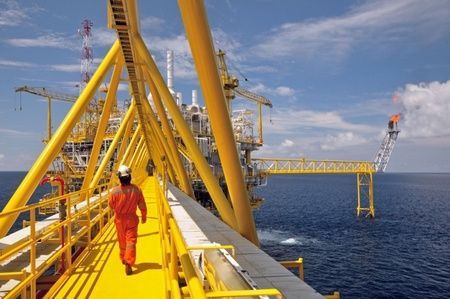
Aberdeen University will test whether technology commonly applied in the field of medicine can help oil firms tackle a “notorious, multi-million-pound problem”.
The university said the build-up of “scale” in downhole production tubes affected about 180 North Sea wells and cost £106 million to address in 2017.
Hossein Hamidi from the university’s engineering school believes ultrasound can remove scale through “wave-emitting transducers” placed on the tubing that will “knock” scale from inside.
The project, backed by the Oil and Gas Technology Centre (OGTC), will test the technology in a laboratory before putting it through its paces under simulated reservoir temperatures.
Mr Hamidi said: “There are a variety of conventional methods to prevent and remove scales such as chemical, mechanical or hydraulic.
“These techniques generally need a wide range of surface production, can cause corrosion and degradation of the pipe, may be expensive to use and may have potential environmental harm.
“The proposed ultrasound-based technology is an environmentally friendly, low energy consumption and low operating cost technique that can contribute to the improvement of well productivity and reduction of operation costs by removing the scales.”
Sarah Kirkwood, project engineer at the OGTC, said: “Scale is a notorious challenge in the oilfield, and whilst it has been widely studied, extending ultrasound technology to include scale prevention throughout the production period was an interesting innovation that inspired our review team.
“This concept not only has the potential to make an economic impact, it is an interesting proposition in terms of safeguarding the environment.”
Recommended for you

